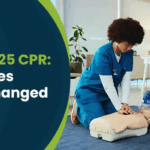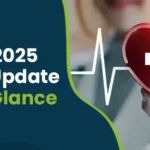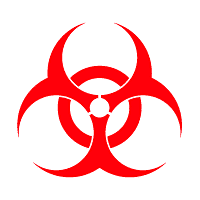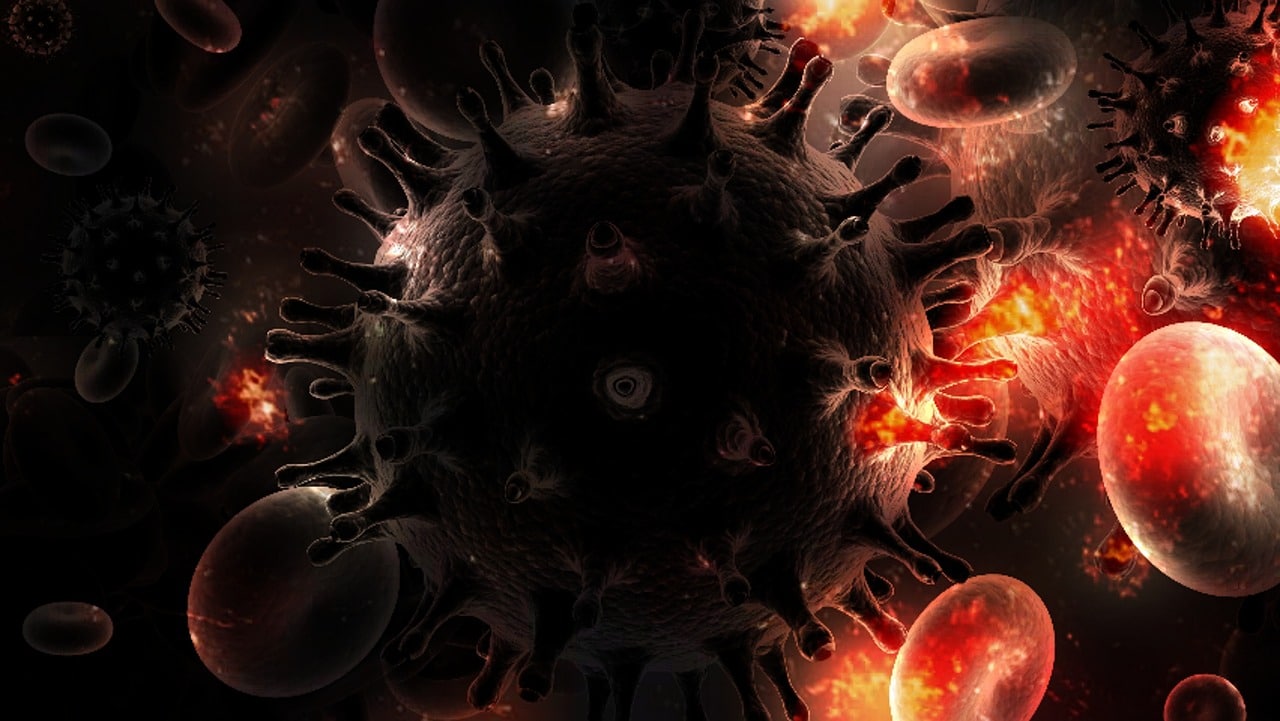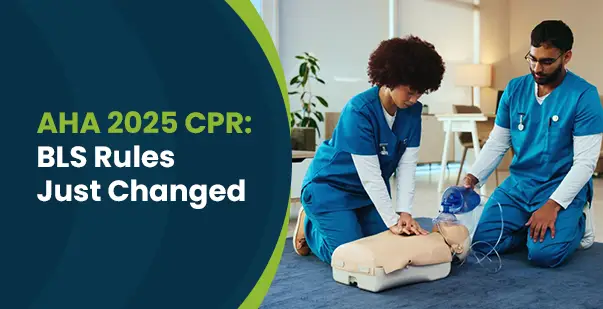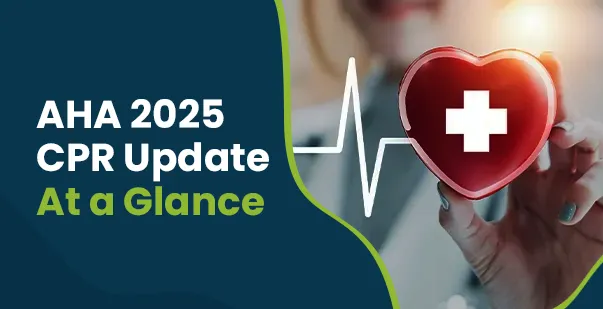In today’s era, being equipped with ample knowledge, skills, and abilities in first aid is truly essential since numerous accidents and occurrences could happen at any time. This is why most people opt to undergo CPR AED training in order to be ready for these unforeseen circumstances.
However, this training does not only cover American CPR and first aid. Hence, it also offers courses about diseases and microbes that ultimately harm the overall health of an individual. One of which is bloodborne pathogens training.
Bloodborne Pathogens, or most commonly known as BBPs, are infectious microorganisms and bacteria that are found in the human blood or any other body fluids. These can ultimately cause sickness to an individual, or worse, death.
How can you best protect yourself from possible bloodborne pathogen transmission when providing care? When talking about bloodborne pathogens, these are the following diseases that you should protect yourself from.
Human Immunodeficiency Virus (HIV)
This is a type of virus that weakens the immune system by attacking the T-cells which is an important, infection-fighting cell. Without a strong immune system, the body would have a hard time fighting these diseases mainly because it is the body’s natural defense system. Having infected with HIV can possibly lead to Acquired Immunodeficiency Syndrome (AIDS) later on.
Symptoms of HIV include fever, sore throat, rash, poor appetite, rapid weight loss, and swollen glands. As of today, there has been no cure or vaccine for both HIV and AIDS. Thus, the only way to prevent yourself from acquiring this virus are the following:
- Avoid having multiple sexual intercourses with different individuals
- Using protection such as condoms during any sexual activity
- Avoid sharing needles and syringes in any transfusion procedures
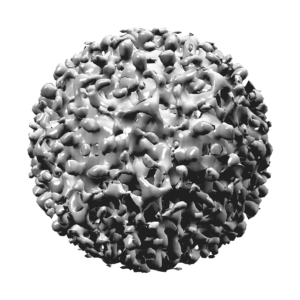
Hepatitis B Virus (HBV) and Hepatitis C Virus (HCV)
These types of viruses are contagious liver diseases that are primarily spread through blood contact. When talking about cure and treatment, HBV already has a vaccine but HCV doesn’t have any.
The symptoms of these diseases are the following:
- Fever
- Fatigue
- Loss of appetite
- Nausea
- Vomiting
- Diarrhea
- Abdominal pain
- Dark-colored urine
- Clay-colored bowel movements
- Joint pains
- Jaundice (yellow color of the skin or your eyes)
Key Takeaway
These two types of blood pathogens mentioned above are ones that we should protect ourselves from. Aside from the fact that it is contagious, it could also result in deteriorating your overall health.
With these things to consider, it is indeed true that bloodborne pathogens are a risk to human lives. This is why you should be responsible for protecting yourself by arming yourself with ample knowledge about these kinds of diseases.
American Health Care Academy offers a course specifically for this kind of disease. The course is designed to provide you all the information that you need when it comes to protecting yourself and others from bloodborne pathogens.
To know more about this bloodborne course, visit this link today and get yourself protected from these deadly viruses!
